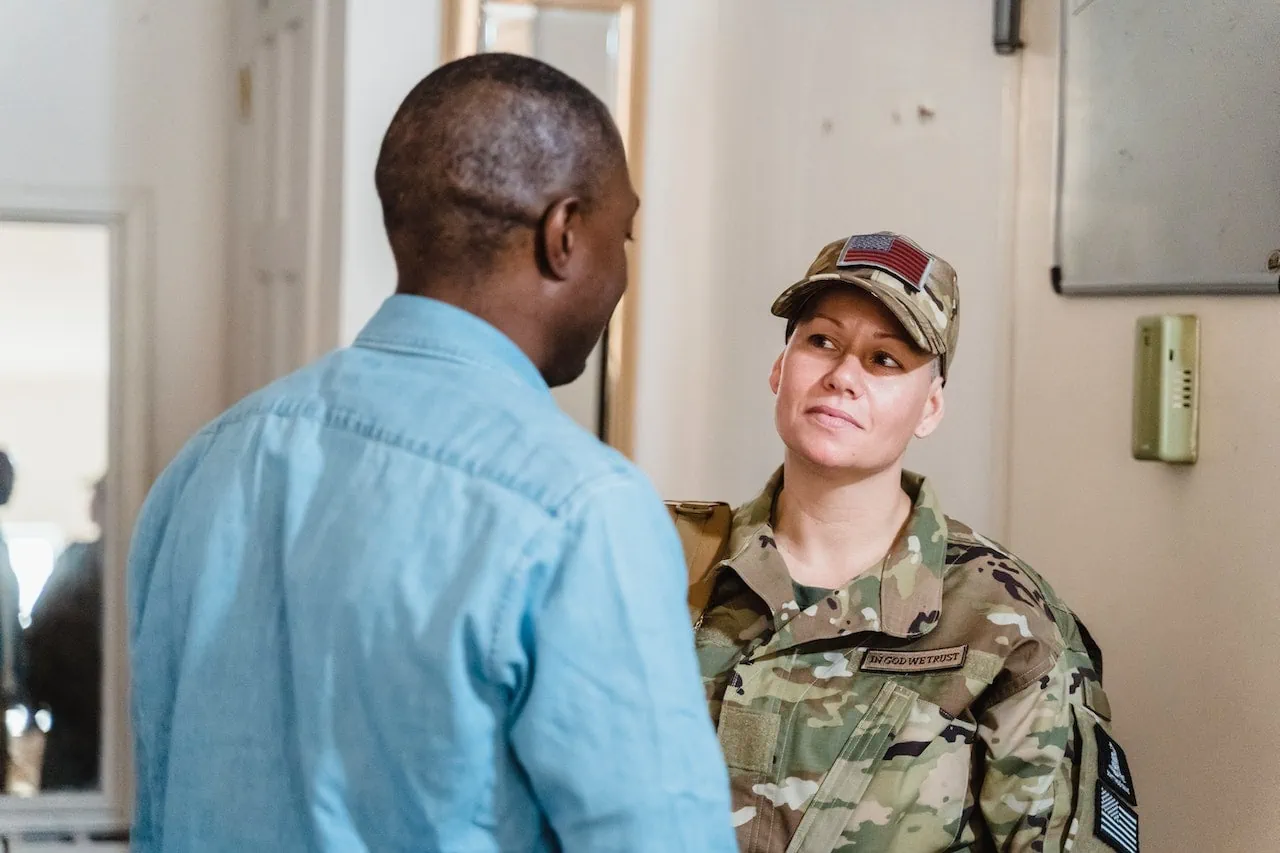
What Do Fort Bragg’s Overdoses Tell Us About Opioid Use in the Military?
Fort Bragg leads the nation in overdoses on military bases, painting a frightening picture of how opioid misuse remains a trend within their ranks. Substance use, including opioid use, is a concern in the military, just like in the civilian population. However, due to the unique stressors and challenges of military service, substance use may be more prevalent among service members than the general population.
A recent study found that Fort Bragg had 16.8 annual deaths per 100,000 soldiers over the report's four-year period. That equaled 31 deaths over four years.
Why Are People In The Military Vulnerable To Opioids?
Opioids, often for injuries acquired during normal duties, are a typical prescription for people who do arduous tasks, perform exercises and drills, and work to stay physically fit daily. According to a report by the National Survey on Drug Use and Health, in 2019, 5.9% of active-duty military personnel reported misusing prescription drugs in the past year, which includes opioids. This is higher than the general population, which reported a 3.6% misuse rate for prescription drugs.
People who return from combat are most likely to be on a prescription to help alleviate pain from injuries. 44% of people who returned from Operation Desert Storm, for example, were prescribed opioid prescription medications. The CDC found that service members were prescribed pain medication at a rate four times higher in 2009 than in 2001; more recent numbers show that doctors are more cautious with how they treat pain.
Substance Use on Military Bases
Opioid overdoses on military bases reflect that they, like other communities, face social issues, stigmas and injustices. Many people who misuse opioids in the military meet the criteria for PTSD and may be self-medicating. Others may have chronic pain not properly treated or other mental health needs.
There is also a likelihood that opioids are easier to access on some military bases. Fort Bragg has been connected to sex trafficking and likely drug trafficking, with many base members rounded up and questioned. Fentanyl and other narcotics are commonly trafficked alongside guns and forced prostitution. People who use drugs may not realize they contribute to worse crimes by propping up criminal enterprises with their money.
While what is happening in Fort Bragg is tragic, yet similar, to other cases in recent years. A pill mill in 2015 was raided after a series of overdoses at Fort Riley in Kansas. Last year, a New York Times investigation uncovered a drug-fueled culture at a Navy SEAL training facility. SEALs described using steroids for bulking up. More frighteningly, many admitted using crystal meth and cocaine to stay alert during missions.
Prevention and Education in the Military
The military has taken steps to address substance use and opioid use among service members, including improving education and prevention efforts, expanding access to substance abuse treatment, and implementing new guidelines for prescribing opioids. However, the high prevalence of substance use in the military highlights the need for continued attention and support for service members struggling with addiction.
From April 2017 to July 2021, there was a 69% decline in prescriptions for opioids at a strength of 50 morphine milligram equivalents (MME) per day or more, according to military health data. Among veterans, 47% fewer prescriptions were written.
Getting Help for Opioid Use Disorder
Many people who use opioids have trouble getting sober on their own. Medication-Assisted Treatment can help you get sober from fentanyl and focus on your recovery without the intense cravings. Learn more about how we can help you reclaim your life by calling us. All calls are 100% confidential and we're here to answer questions.
If you are in need of help, please call us at: 910-295-7246 or message us.
Categories
News
